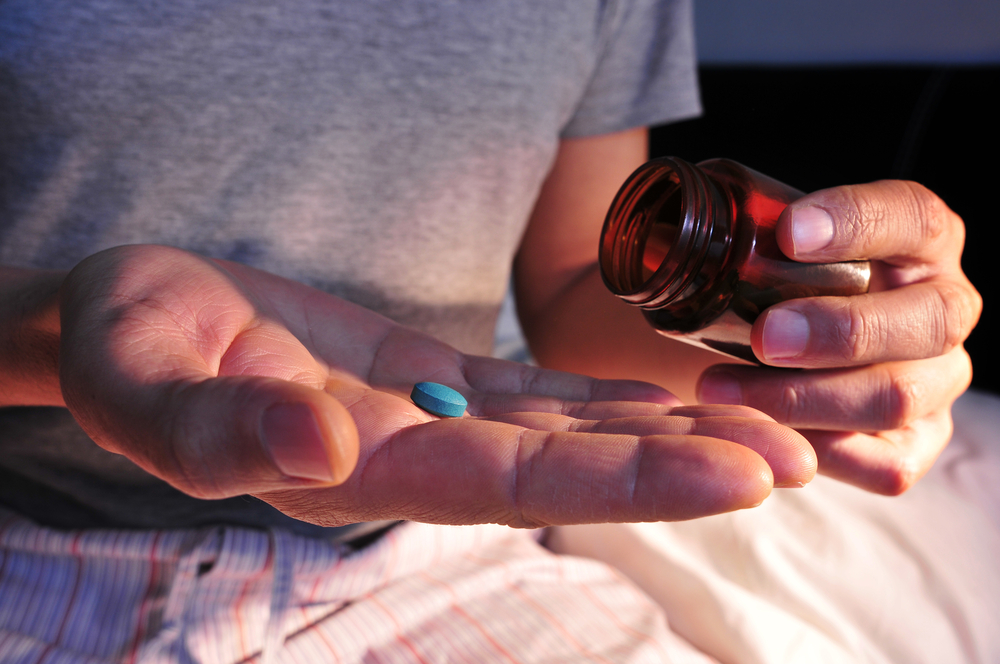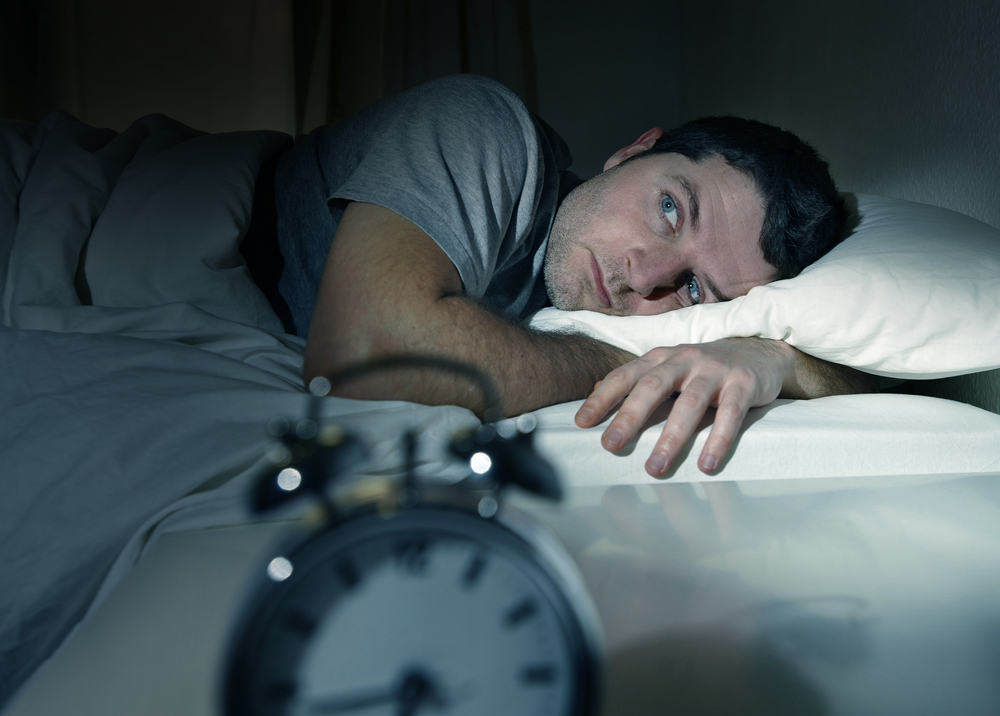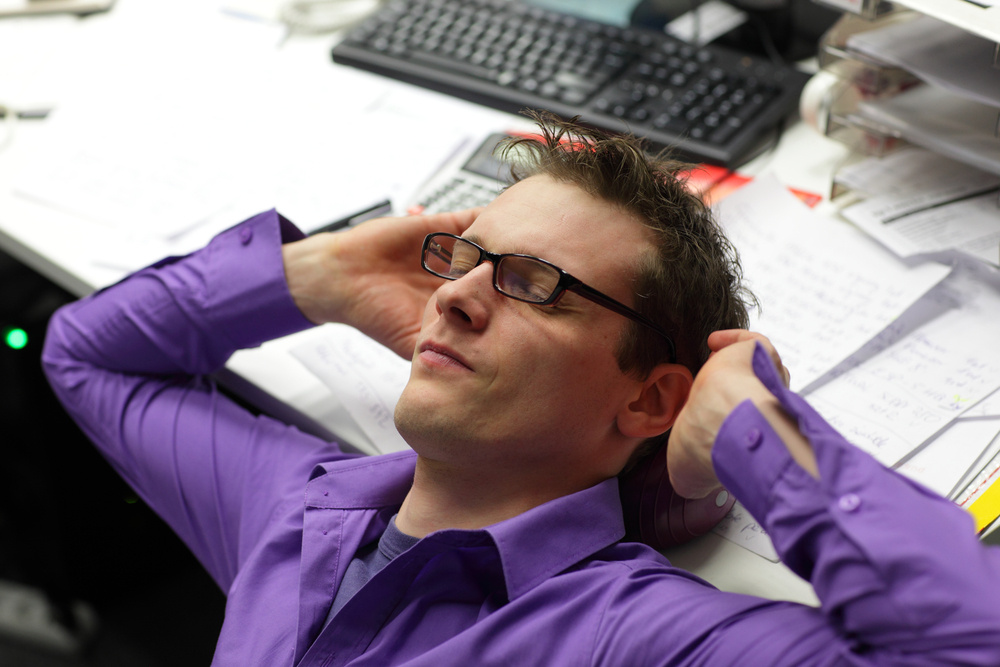Insomnia or sleep disorder is a sleep problem faced by people around the world. This disorder is most commonly found in the western countries where the lifestyle is very fast paced. An essential feature of sleep disorder is dissatisfaction of the sleep. The dissatisfaction is involved with the sleep quantity or quality of sleep. There are different complaints associated with maintaining a good sleep. The most common single symptom of insomnia is the difficulty of maintaining a sleep along with difficulty in falling asleep.
Symptoms of Insomnia:
- Delayed Sleep Onset
- Early Morning Wake-Ups
- Unrefreshing Sleep
- Trouble Maintaining Sleep

Treatment of Insomnia:
Insomnia is not a disease that is required to be cured; it is just a series of problems faced by a person to fall asleep. There are two types of methods involved in the treatment of Insomnia:
- Non-Pharmacological Treatment
- Pharmacological Treatment
These are medicinal and natural sleep remedies. Generally, non pharmacological treatment is usually used before going for medicinal treatment method.
Non-Pharmacological Treatment:
The non-medicinal treatment of the sleep disorder is aimed at improving the sleep habits. The different methods used in this non-pharmacological treatment are:
- Stimulus Control Therapy: this method is one of the common natural sleep aids, involving the process of making the bedroom a place only for sleep. It included the use of bed to sleep only and to reach the bedroom when you are in need of sleep. Also, do not associate the bedroom with anything other than sleep.
- Improving Sleep Hygiene: it is based on maintaining the sleep comfort when sleeping by decreasing the noise as well fixing a particular time to go to bed and to wake. It is very important to reduce the lighting of the room as well to feel relaxed when you lie on the bed. It is a critical way to improve the efficacy of getting a sleep.
- Restrictive Sleep Therapy: it means the person is restricted to sleep during the day so as to get a long and satisfying sleep during night time. It also involves reducing the sleep time in the night on certain days. It is based on the target to get so much tired that when you go to sleep you can get a good one.
Pharmacological treatment:
It involves the use of some of the medicines as well as supplements to treat the sleep disorder. The common prescription drugs used to treat insomnia are:
- Benzodiazepines: it is highly effective to improve the sleep time, but prolonged use may cause bad “hangover” effects like drowsiness and impaired cognitive abilities. Some examples are Estazolam, Flurazepam, Quazepam, Temazepam, and
- Melatonin Receptor Agonists: it is the much newer class of drugs and is safe to use for a long time in comparison to others. Just one drug has been formulated belonging to this class of sleep aids,
- Benzodiazepine Receptor Agonists: it is known to give a longer and satisfying sleep, and is much healthier than many other sleep inducing drugs. Still, only a few are suggested for a long term use, such as Eszopiclone. Others include Zolpidem, Zaleplon.
- Antidepressants/Antipsychotics: it is preferred more than benzodiazepine, and is suitable for those having sleep problems due to depression and it is quite safer to use than benzodiazepines.
Other than these prescription drugs many other supplements and natural sleeping pills are also used and are thought to be effective for the treatment of sleep disorders. Antihistamines and melatonin are quite useful to improve the sleep quality.




